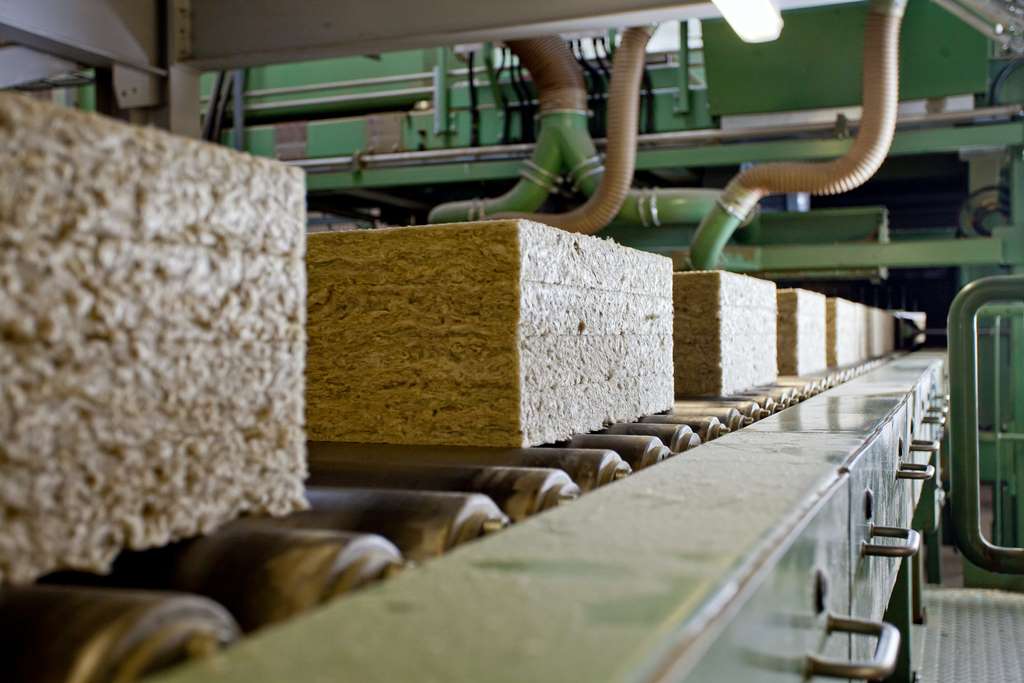Can Hydrogen be Used to Fuel Insulation Production?

Green hydrogen is currently being trialled as a fuel for the production of insulation. Hydrogen Industry Leaders speak to ROCKWOOL about the project and explore the benefits.
The research discovering if hydrogen could be used as a fuel for the production of insulation is funded by a £400,000 grant from the Industrial Hydrogen Accelerator, part of the Department of Business, Energy and Industrial Strategy (BEIS) Net Zero Innovation Portfolio (NZIP).
It is a partnership between ROCKWOOL Ltd, Marubeni Europower and Mott MacDonald, and sees an investigation into the viability of converting natural gas usage into green hydrogen produced on-site.
By including electrolytic hydrogen production from local wind and solar renewable power in Bridgend, the project could demonstrate the viability of green hydrogen as an end-to-end fuel solution in industrial processes.
It Is Essential To See Insulation Become More Sustainable

Kathryn James – Public Affairs and Sustainability Advisor at ROCKWOOL UK
Hydrogen Industry Leaders spoke to Kathryn James – Public Affairs and Sustainability Advisor at ROCKWOOL UK about the project and the research behind it.
She explained that the aim of the project was around sustainability: “Most importantly, our aim is to make UK-made insulation more sustainable, and this project has real potential to achieve this.”
The development of green hydrogen production projects like this are a major step in achieving our decarbonisation ambitions and meeting the challenges posed by the climate crisis.
ROCKWOOL Is Saving 100 Times The Energy Consumed
To meet the UK’s decarbonisation ambitions and see the 2050 net zero target reached, action is needed now. With this in mind, Kathryn said that ROCKWOOL Group has set ambitious decarbonisation targets that have been verified and approved by the Science Based Target initiative.
She said: “ROCKWOOL is a net carbon negative company in that our stone wool insulation saves 100 times the energy consumed, and CO2 emitted in its production, but even so we are committed to doing more to reduce our operational footprint.
“ROCKWOOL has signed up to the Science Based Targets initiative (SBTi) and committed to a verified and approved plan for an ambitious one-third reduction of our lifecycle greenhouse gas emissions by 2034, using 2019 as the baseline.”
Opportunities Could Be Opened For Other Industries
There are many challenges that ROCKWOOL must challenge when it comes to investigating the viability of using green hydrogen as an end-to-end fuel solution.
Kathryn explained that: “Typical challenges include the physical space and access to install an electrolyser and sufficient storage, the capacity for on-site renewable electricity generation and access to off-site generation, planning and environmental considerations in developing the facility, and practical considerations in process operation.”
We expect that the pilot process will be useful for addressing these challenges amongst others.
Looking forward, ROCKWOOL hopes that this will open opportunities, not only for ROCKWOOL factories but for other industries.
Kathryn said that conducting research into green hydrogen was crucial: “This combination of research into green hydrogen use and a viable on-site production solution could demonstrate real opportunities and deliver ‘proof of concept’ for this approach, not only for ROCKWOOL production sites but also for other industrial sectors across the United Kingdom.”
If the project is successful in demonstrating the viability of green hydrogen as an end-to-end fuel solution in industrial processes, the benefits could be endless and it would support the decarbonisation of many different sectors.

